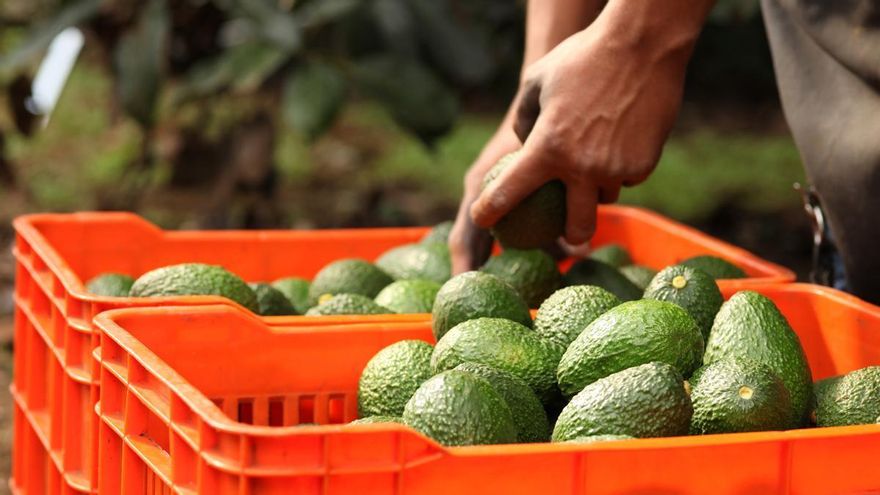
A research team from the Department of Chemical Engineering and Pharmaceutical Technology at the University of La Laguna (ULL) has conducted a study to determine the chemical composition of avocados from Tenerife (Hass variety), aiming to promote both local consumption and export to Europe. The goal is to create a quality brand to differentiate Canarian fruit from produce in other regions.
The publication in Foods is part of a doctoral thesis and is an extension of a previous study in the 2023 Journal of Food Composition and Analysis focused on the fat profile of the product, comparing production in the northern and southern regions. The researchers – Clemente Méndez, Alicja Grycz, Domingo Ríos, Beatriz Rodríguez, and Elena Rodríguez – explain that avocado cultivation is increasing each year, with global production in the last ten years rising by 200%.
Establishing criteria to define a quality brand involves examining its chemical composition, which varies depending on the microclimates and topography of the island. Studies had to be conducted in various locations, altitudes, and slopes.
[–>
The methodology involved analysing 50 samples of avocados grown in seven municipalities in Tenerife (Buenavista, Los Silos, La Orotava, Güímar, Los Realejos, Santiago del Teide, and Tacoronte). Laboratory work revealed that avocados from Buenavista have more pulp than those from other areas, and those from Los Silos and Santiago del Teide are the heaviest. Regarding antioxidant content, avocados from Güímar contain higher levels of vitamin E.
















